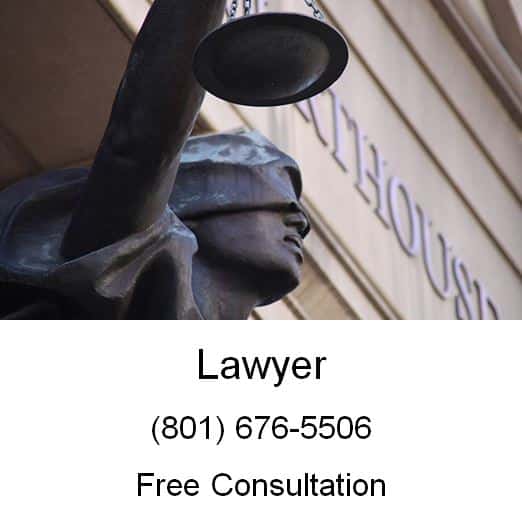Lawyers in Utah already know that legally smoking marijuana is a big deal nowadays, especially in Colorado, where it was made legal by the state’s Amendment 64. Back home in Utah, imbibing and driving is still heavily prosecuted. And if you’re thinking about making a quick trip to our neighboring state for a “good time” without legal repercussions back home, you might want to think twice. Consuming marijuana and operating a vehicle (even weeks afterward and even if the substance was legally consumed) could result in a class B misdemeanor and automatic suspension of a driver’s license.
Colorado borders Utah, and many residents are only a hop, skip and a jump away – though Salt Lake City to Colorado Springs is still an eight hour drive in good (summer) weather. Media coverage of Utah’s next door neighbor breaking out the pot has been incessant, and it’s probably because Colorado is the first place in the world – yes, the entire world – to legally sell marijuana to anyone over the age of 21 in fully licensed retail stores. So yeah, kind of a big deal. And while much of Utah’s current news reporting is focused on the same-sex marriage debate, there are still many Utahn eyes watching Colorado, not to mention its interstate highways.
Under a Utah law known informally as the “metabolite statute,” drivers on Utah roads can’t legally operate a vehicle with any amount of a controlled substance in their system. As a Criminal Lawyer, I know that THC can be detected in the bloodstream and urine for up to several weeks after initial ingestion, so residents who mosey next door to partake in a pot party may find themselves returning home to Utah to a less than welcoming environment, even if they aren’t high. The interesting thing (and apparent legal controversy) about the metabolite statute is that according to several state toxicology officials, the THC metabolite that can be detected days and weeks after ingestion “has no pharmacological activity.” Translation: the driver who smoked out a month ago doesn’t actually have impaired driving from marijuana. But Utah doesn’t care. The DUI charge is the same as if a driver had stepped out of a bar, swimming in booze. Some Utah lawyers recognize the illogic inherent in this argument; however, officials are interested in protecting public safety, and no state official -elected or otherwise – wants to appear soft when it comes to safety on Utah roadways.
Details of the statute and its room for prosecution and defense are complicated. The state code provides three defenses:
- The marijuana was involuntarily ingested.
- It was prescribed.
- It was “otherwise legally ingested.”
However, this poses problematic for consumers under the amendment passed in Colorado in November. Amendment 64 is tricky. On one hand, it legalizes marijuana while on the other reiterates that federal law recognizes marijuana as an illegal drug. Tricky indeed. And the latter provides, most likely, the strongest argument for Utah prosecutors: who, really, can legally ingest marijuana (even next door) when the big guys on Capitol Hill still say it’s not okay. Matthew Piper, writer of the Salt Lake Tribune article, regrets that the Utah Attorney General’s Office didn’t respond to questions of clarification on the federal law, but Utah lawyers will have plenty to deal with either way. It will also be interesting to see how the public responds to the question of impaired driving, especially as Colorado establishes its own impairment studies and policy changes.
Get Your Free Consultation with a Criminal Defense Attorney
If you need help fighting a marijuana change against you, please give our office a call for your free consultation (801) 676-5506. We want to help you.
8833 S. Redwood Road, Suite C
West Jordan, Utah
84088 United States
Telephone: (801) 676-5506
Recent Posts
Structured Product Investment Lawyer
Source: https://www.ascentlawfirm.com/marijuana-is-not-legal-in-utah/


Комментариев нет:
Отправить комментарий